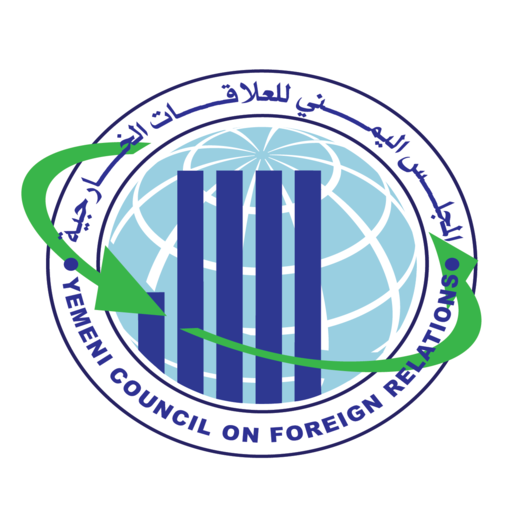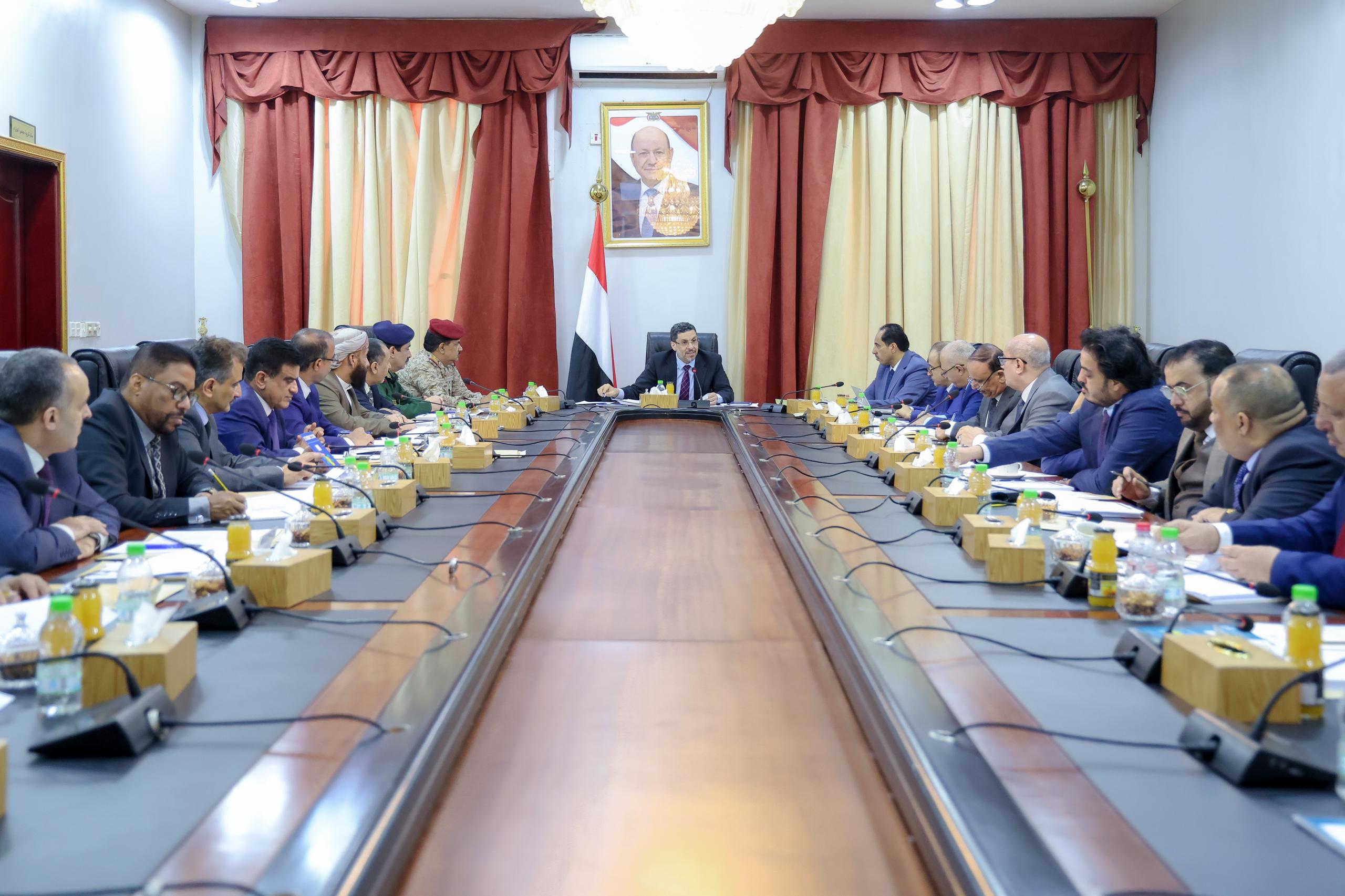The Prime Minister of Yemen, Dr. Ahmad Awadh bin Mubarak, left the temporary capital, Aden, on Sunday evening for a state visit to the United Arab Emirates (UAE) in response to an invitation from the UAE Vice President, Prime Minister and Ruler of Dubai, His Highness Shaikh Muhammad bin Rashid Al-Maktoom.
The visit aims to strengthen the close brotherly relations between the two sisterly countries and discuss prospects for cooperation in various fields, particularly in the economic, humanitarian, and political spheres.
During the visit, Dr. bin Mubarak is expected to hold official talks with top UAE officials to discuss ways to enhance bilateral cooperation in various fields, as well as the latest developments in Yemen, the efforts of the Yemeni government to restore security and stability to the country, and improve the living conditions of citizens.
Earlier, the Cabinet held an important meeting in the temporary capital, Aden, chaired by Dr. Ahmad Awadh bin Mubarak, which addressed many pressing issues, including the decline of the national currency and strengthening economic, financial, and administrative reforms. The council discussed urgent steps to halt the decline of the national currency, within the framework of an integrated financial and monetary policy, aiming to control exchange rates and mitigate their impact on the lives of citizens. The council also discussed several urgent proposals in the economic, livelihood, and service sectors, which aim to alleviate existing suffering, particularly in the areas of electricity, national currency exchange rates, and food.
During the meeting, a committee headed by the Minister of Industry and Trade, with the participation of relevant government bodies, was formed to oversee the transformation of proposals and policies into actionable points that can be implemented in the short term.
A thorough discussion was also held on the overall situation, and an assessment of the level of implementation of recommendations and government decisions by ministries and relevant bodies was conducted. The need to accelerate the implementation of the reform process was emphasized.
The Prime Minister instructed the relevant bodies to redouble their efforts to address current challenges, including combating corruption, rationalizing spending, developing resources, and strengthening cooperation with local authorities and donor communities.
The meeting reaffirmed the Yemeni government’s commitment to addressing economic and humanitarian challenges, strengthening reforms in all sectors, and working to restore security and stability in the country.

